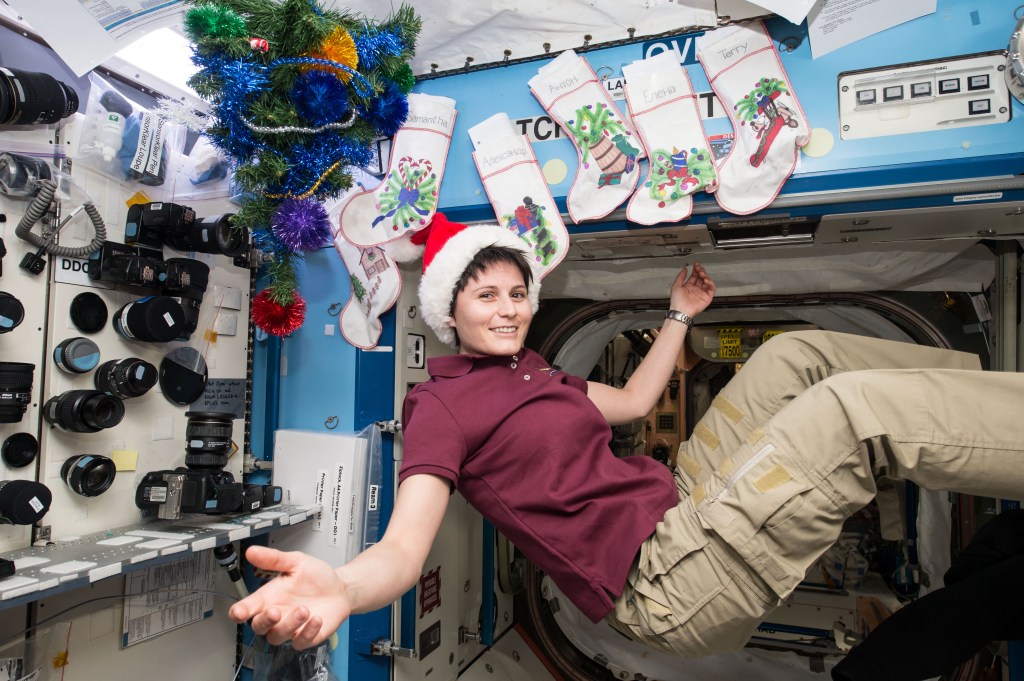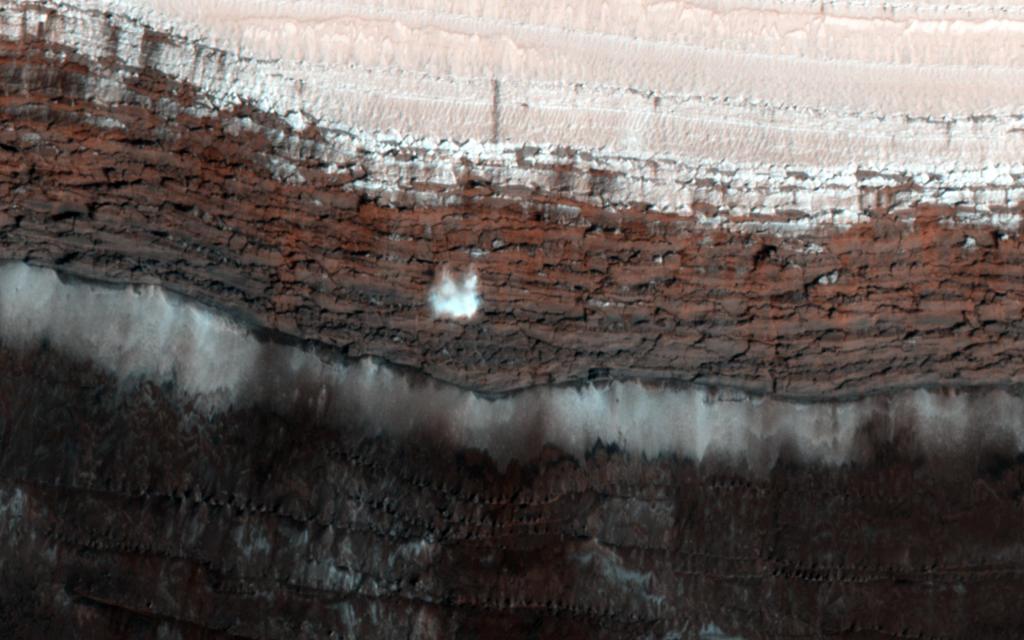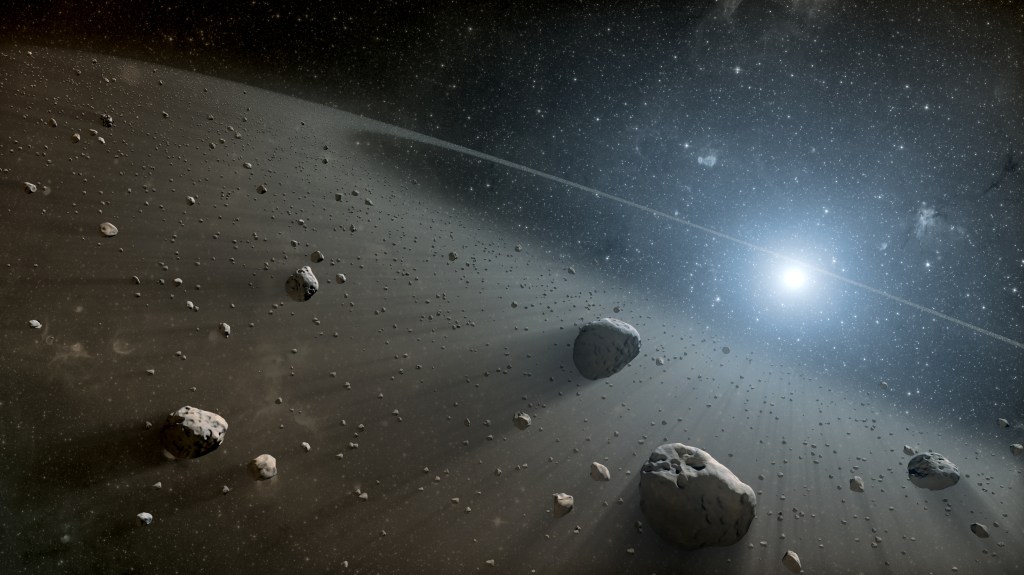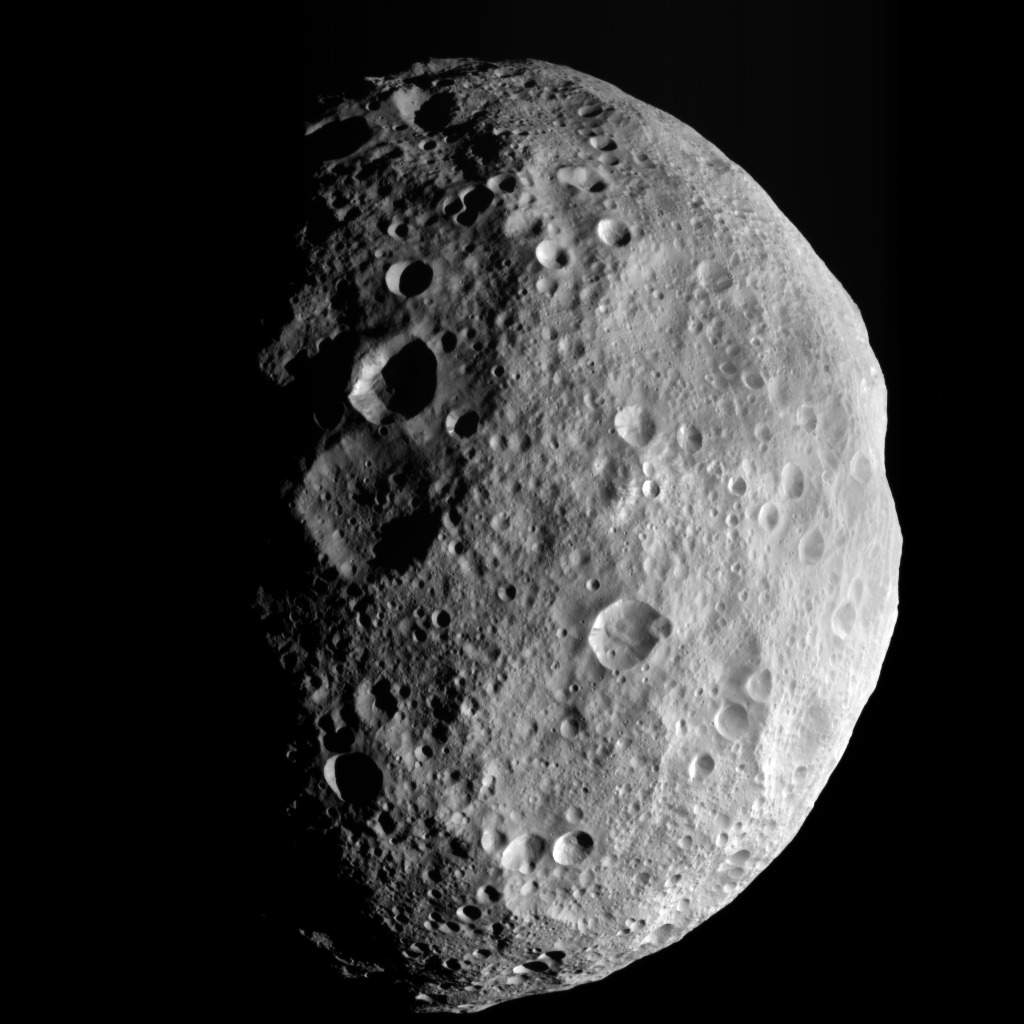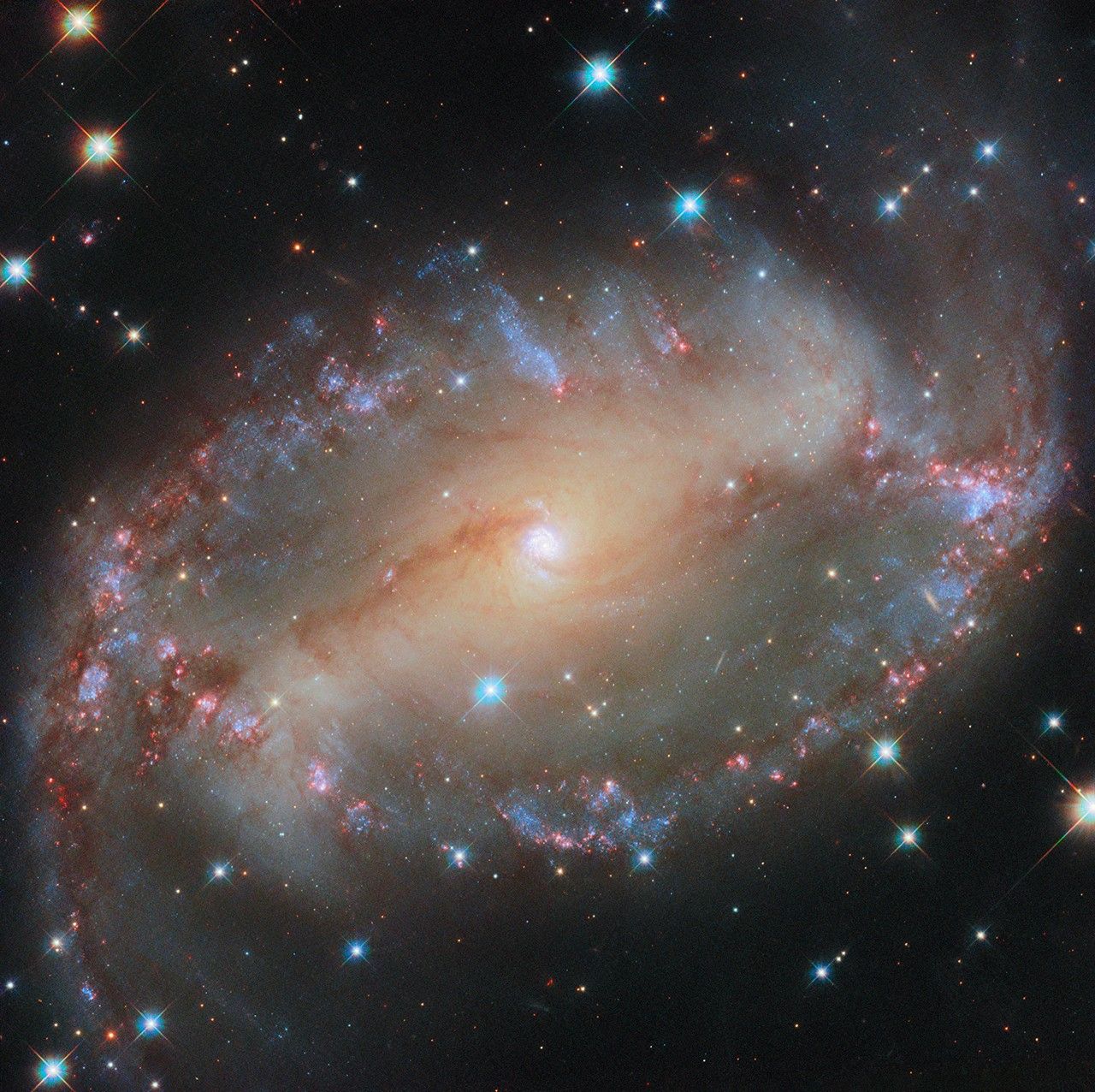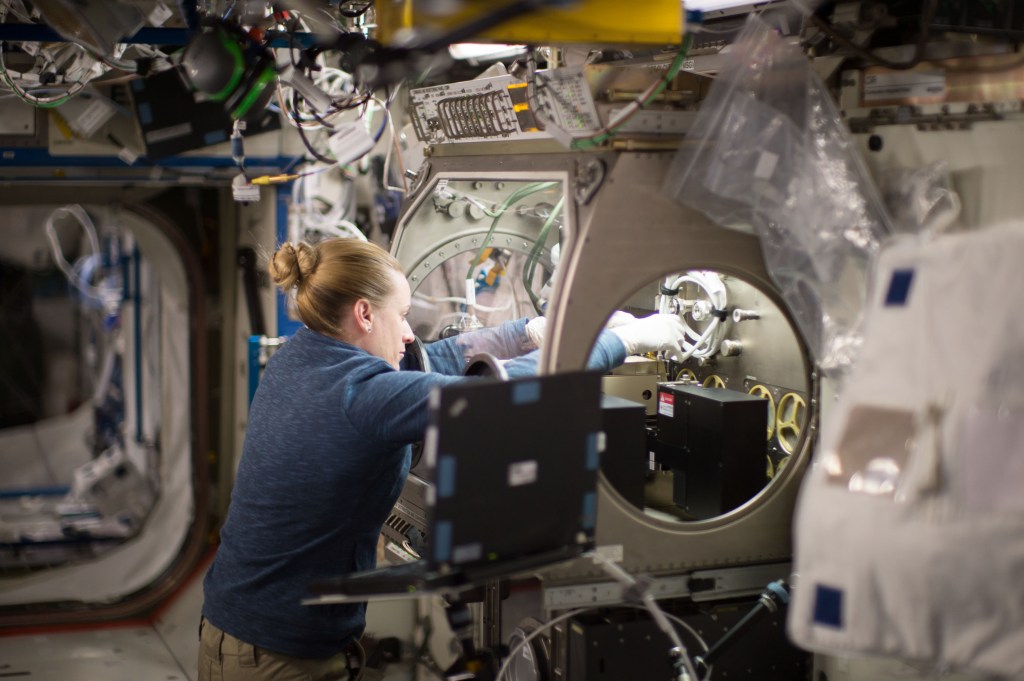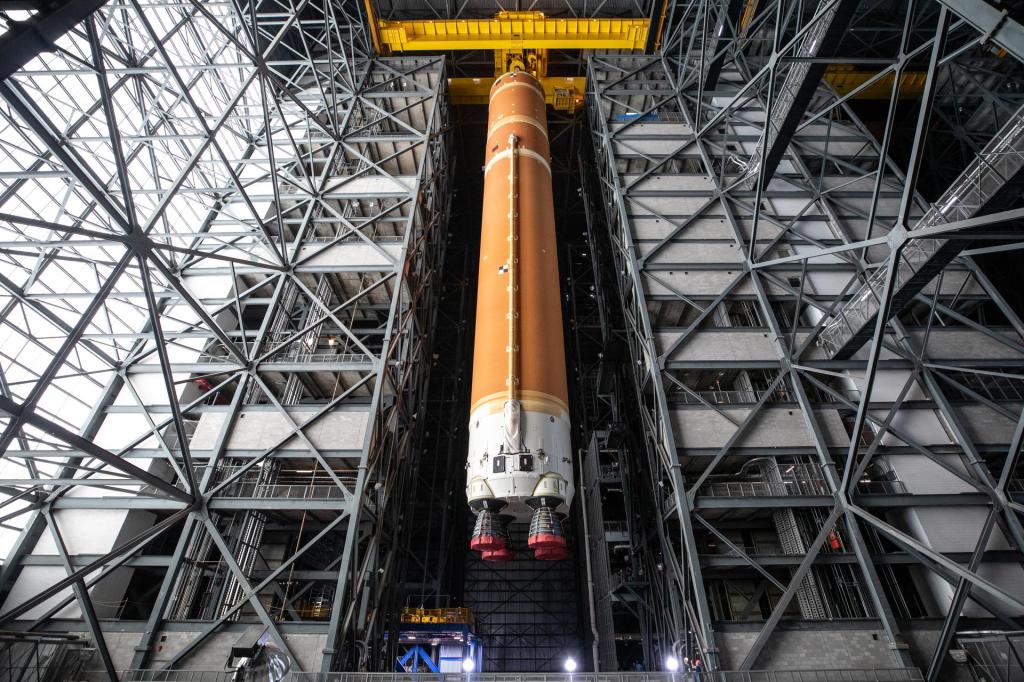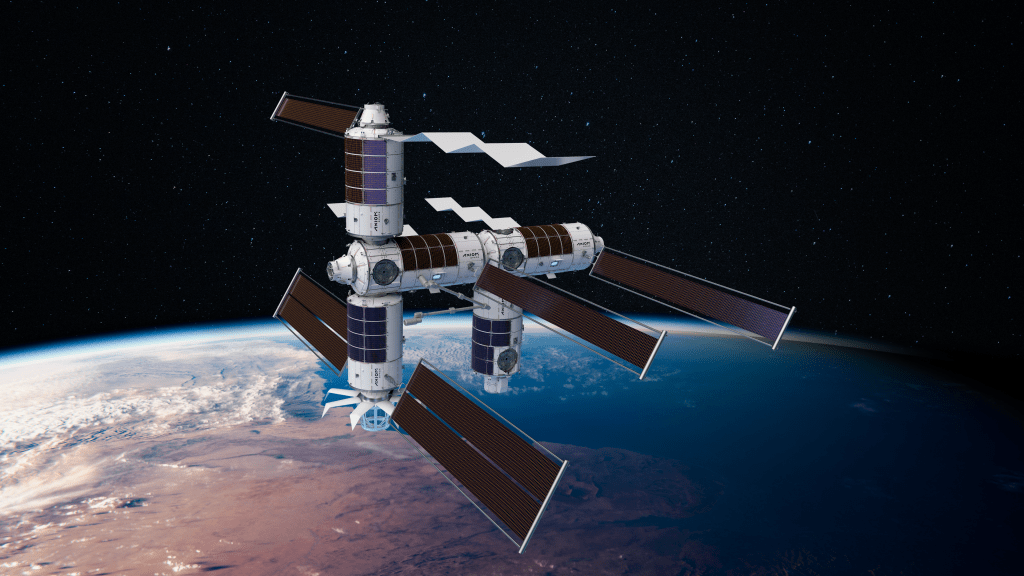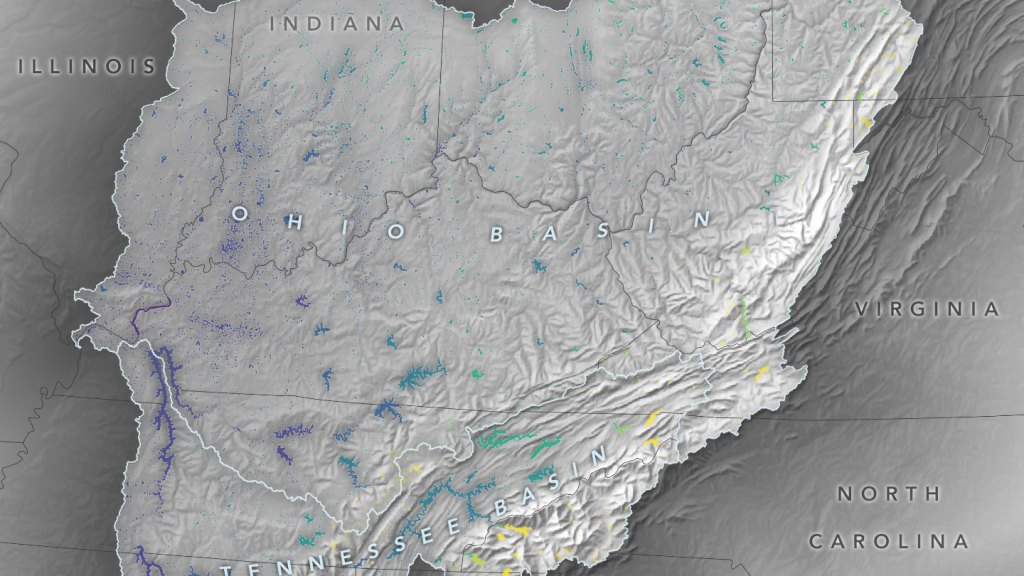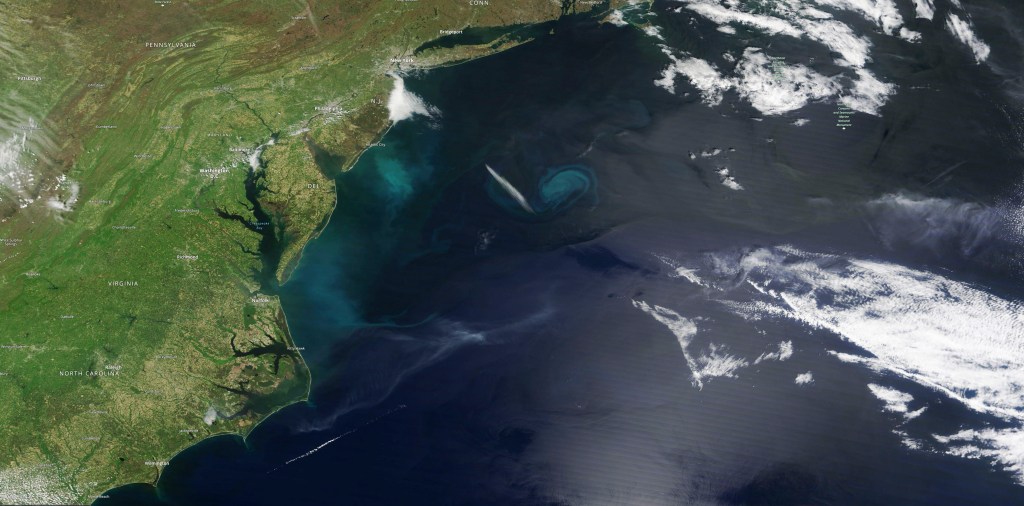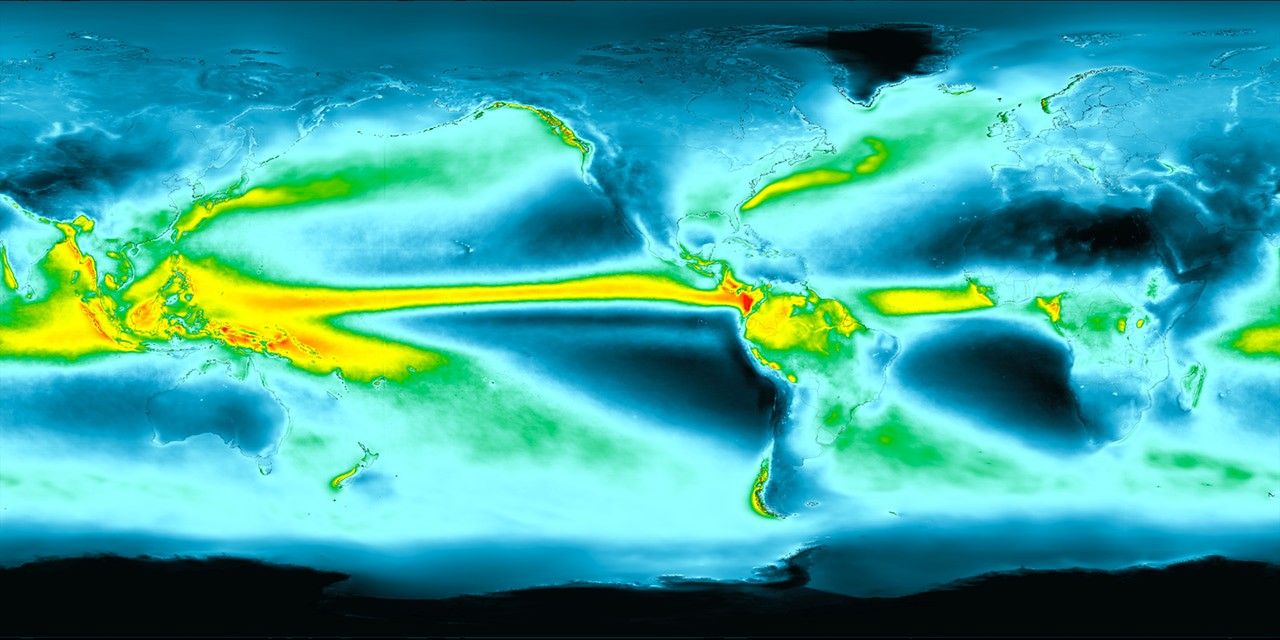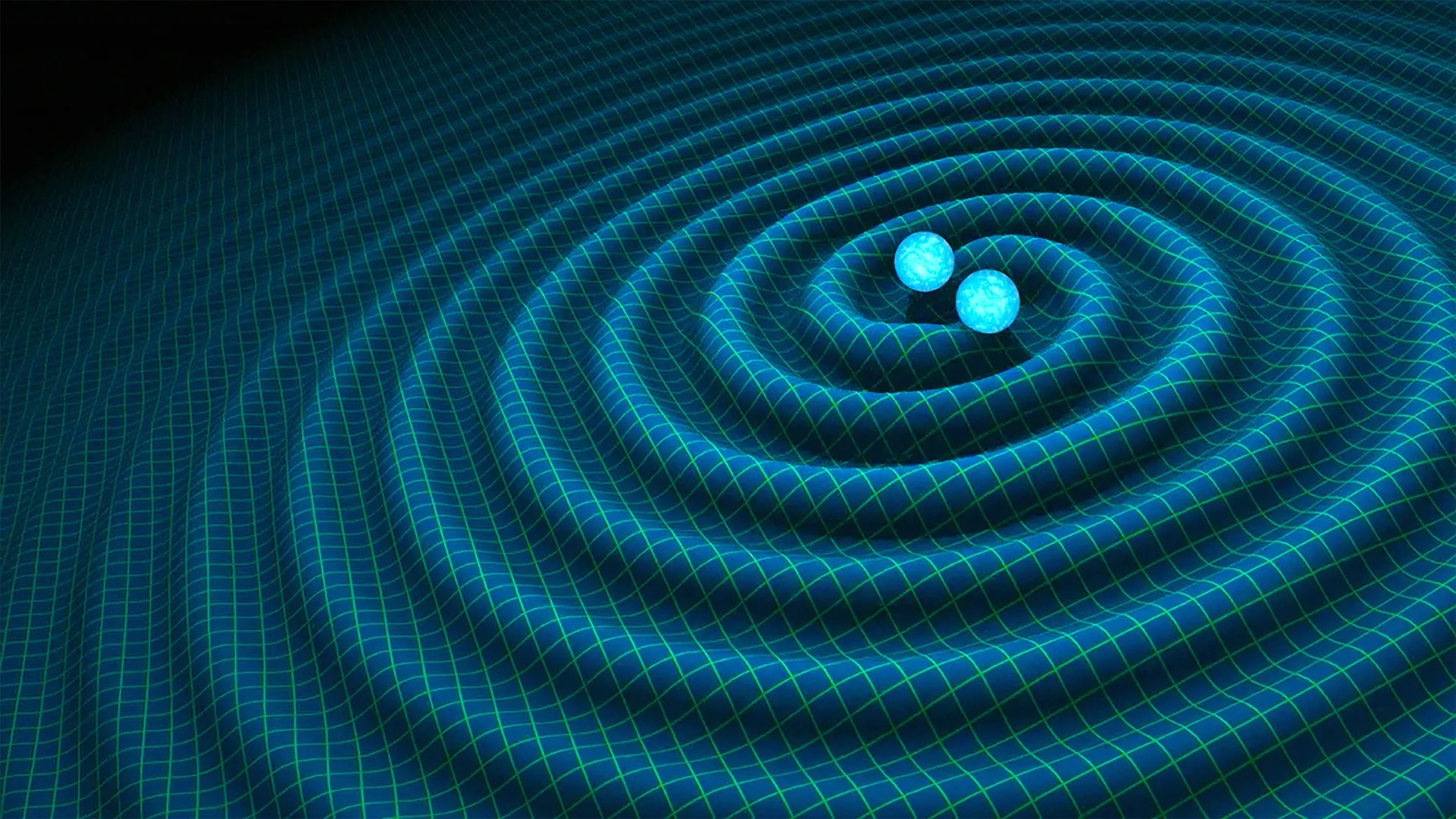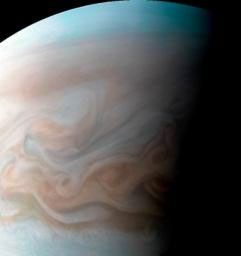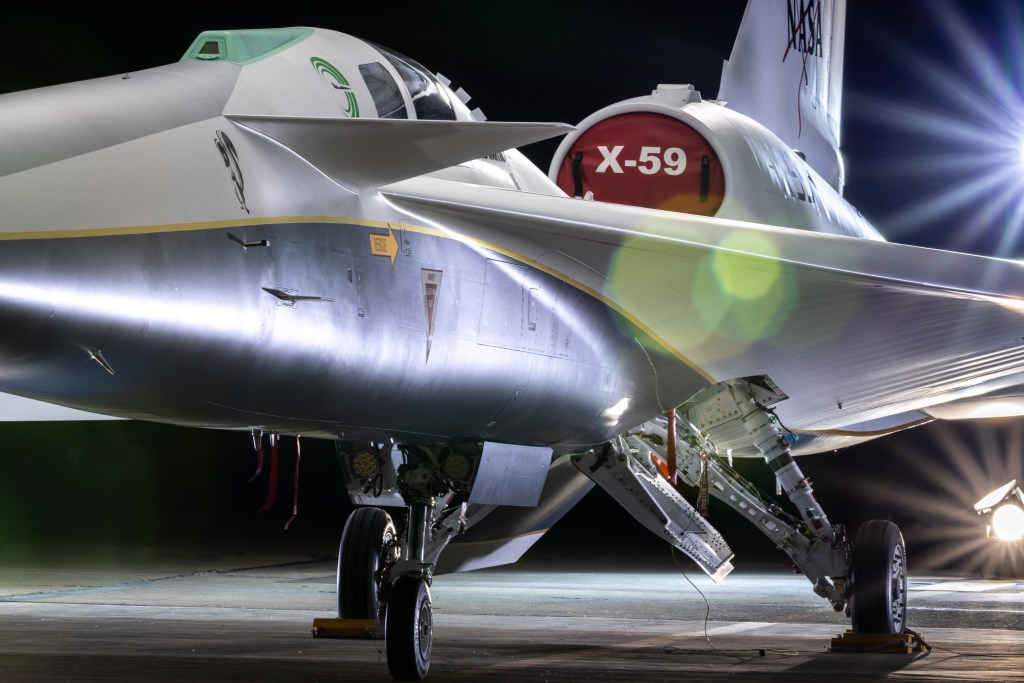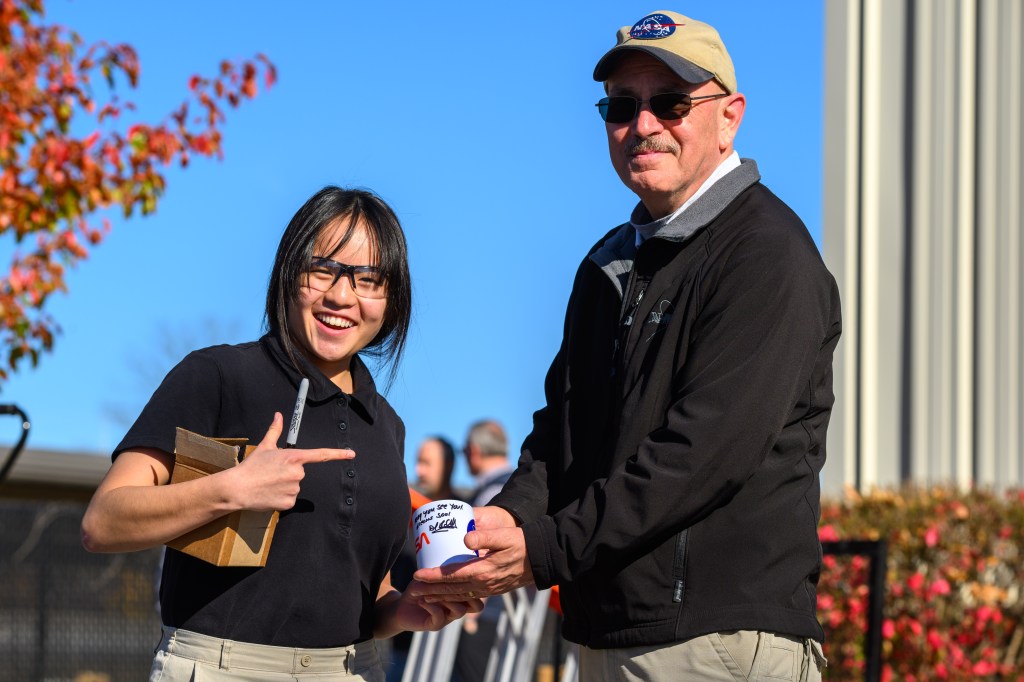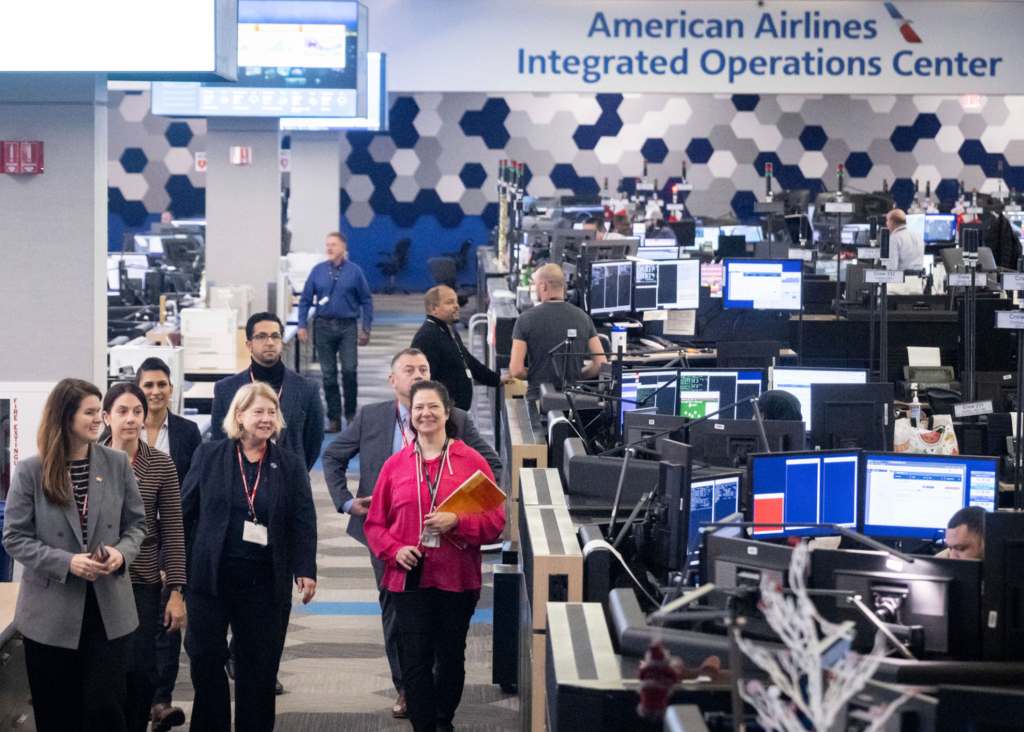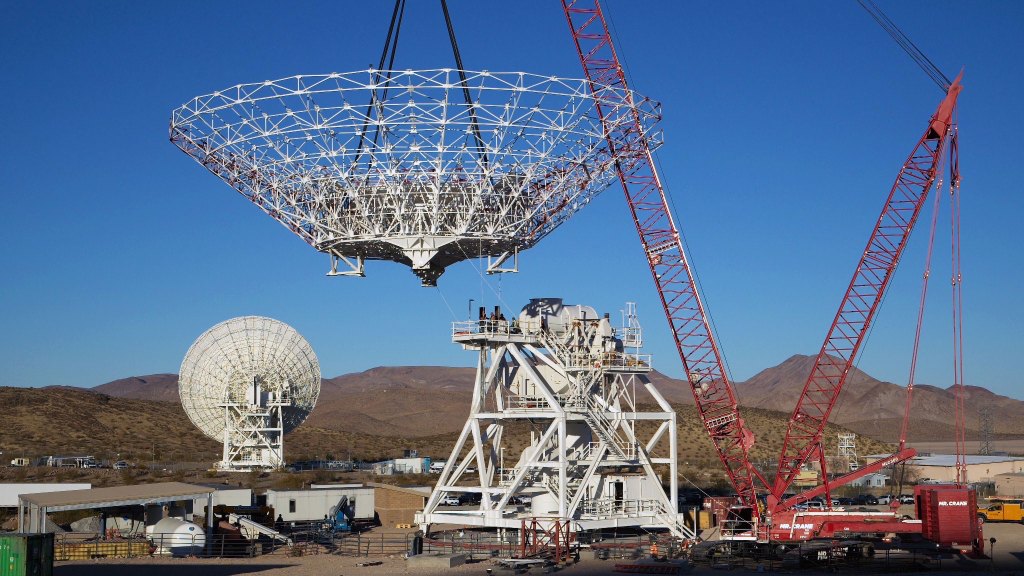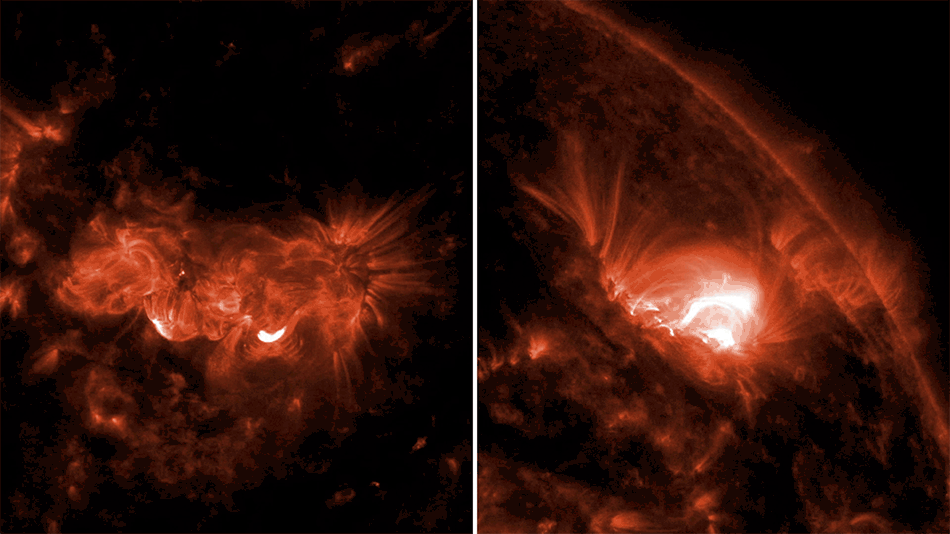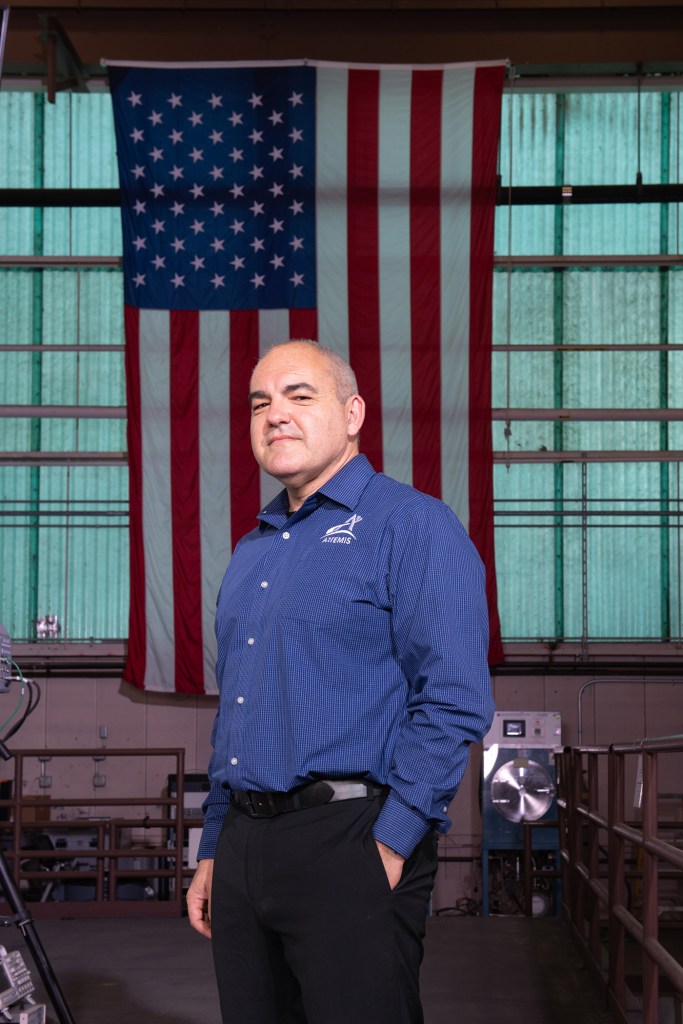Seyed Ghiaasiaan
Georgia Institute of Technology
Cryocoolers represent an enabling technology in space applications. Large linear (Stirling and pulse tube) cryocoolers, with cooling capacities of 150 W at 90 K and 20 W at 20 K, are needed for future long-duration space missions for in-situ resource utilization (ISRU) and controlling of boil-off in storage of cryogenic propellants. However, efficiency in present state-of-art large linear coolers is reduced by flow asymmetries in their regenerative heat exchangers (regenerators) – an issue that worsens as the regenerator size increases. In this research, we will develop and demonstrate a computational fluid dynamics (CFD)-assisted and micro-manufacturing-based bottom-up design and fabrication methodology for high-capacity and highly efficient regenerators. The primary causes of loss of efficiency in large regenerators, including jetting, flow non-uniformity, the formation of preferential flow passages and recirculation regions, are avoided by the combination of proper inlet and outlet ducting and strategic adjustment of pore microstructures along the length and width of the regenerator. Detailed CFD analysis will be performed, prototype regenerators will be fabricated, experiments will be performed where the fabricated regenerator(s) are tested, and the scalability of the methodology and designed regenerator(s) will be demonstrated. We expect our results to be readily applicable for design and fabrication of large regenerative cryocoolers.

